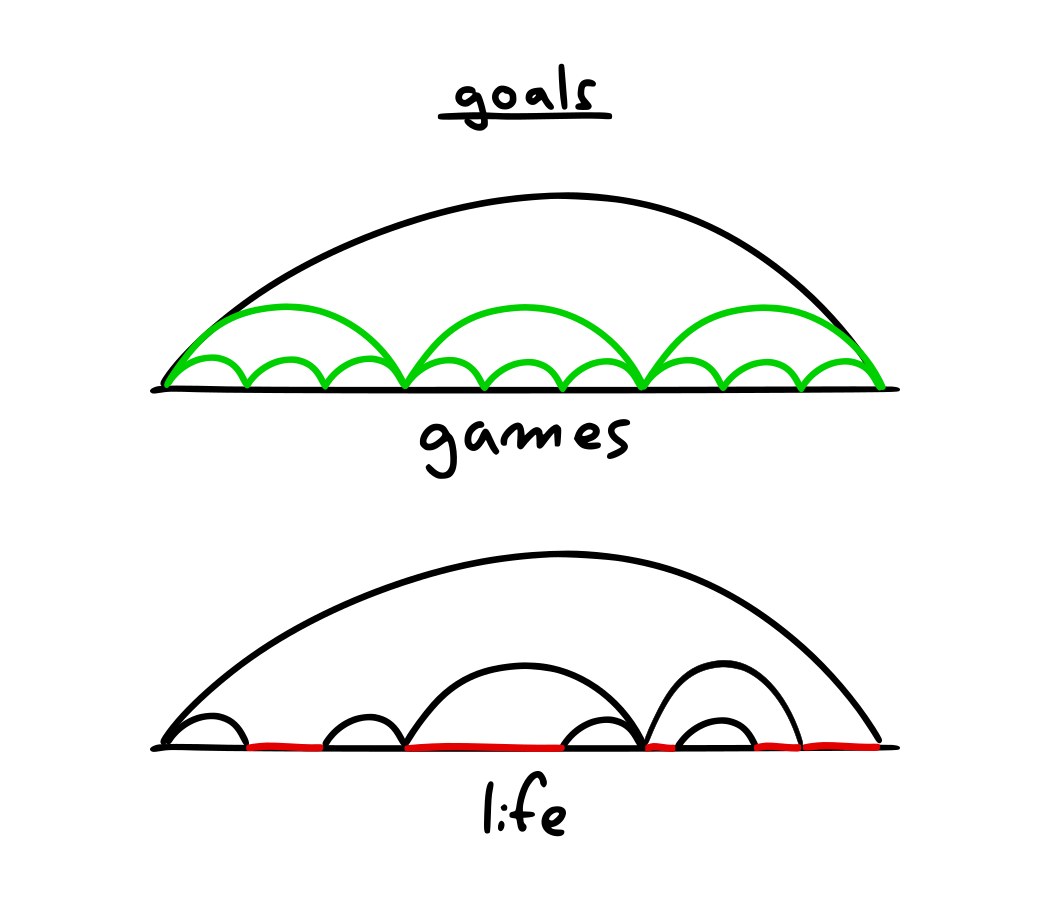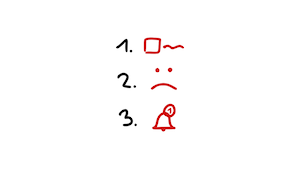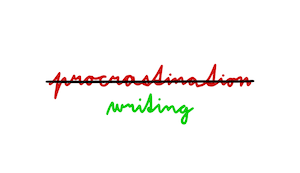Why games are so addictive and how we can gamify our lives

When I was 12, my friends introduced me to World of Warcraft. At first, we were playing on a private server, the game was good but the private server was unreliable.
We would play the whole weekend and then come back on Monday to find out that the server crashed and the last backup was from Thursday. All progress lost. That was frustrating.
Later that year I convinced my mom to allow me to subscribe to the official server. Well, that’s when my addictive personality kicked in.
For the following 10 months, I would spend every waking moment either playing the game or thinking about the game when I wasn’t able to play (at school). The result? I spent 127 days in-game in 300 days. That’s average10 hours per day! When I found that out I decided to sell my account and I never looked back.
I don’t judge whether it was good or bad, but I realized something interesting. Despite playing for 10 hours a day, I was still going to bed at 10 pm, waking up at 6.30 am, and getting good grades at school. How?
I learned to do homework in between classes or in boring classes. I simply became more efficient. My only goal was to play WoW and I knew that to be able to do it, I had to stay a good kid.
And this theme repeats in my life a lot. I find a thing, become addicted to it, and disregard every other area of life to the point where it barely functions.
Sometimes this addiction is viewed by society as productive (working on something, exercising), and sometimes it isn't (playing games, reading books).
And I’ve noticed that many people function the same way.
You know what I’m talking about. When a topic captivates you so much, that you want to know everything about it. A to Z. I think this type of curiosity is something we should all foster because that’s what got us out of caves into houses with water, electricity and the Internet.
This realization sparked an idea.
What if I was able to apply the addictive game dynamics in my life? I could become addicted to productive efforts.
But what are the those dynamics?
Why are games usually more addictive than life?
Goals
In games
Goals are predefined. We get a dopamine feel-good hit every time we hit a goal. That makes us feel good and makes us want to repeat it.
Goals in games are clear and highly visible.
In real life
You have to define the goals by yourself.

Most people don’t like to set goals and milestones. Why? It’s difficult to decide and once you set a goal and then don’t reach it, you know that you failed. If you don’t set a goal, you didn’t fail (right?).
If you have a goal to lose the exact amount of weight by the end of the month, you will know whether you failed or not. Instead, if you’re thinking about losing weight but don’t set a goal, you can’t fail at the end of the month.
Well,... you ultimately do fail because you didn’t do anything about your weight. And that’s how most people go about their lives. Not moving forward because they don’t have any goals.
Also, if you do hit your real-life goal, you have to set up next one. In games, you know exactly your next goal.
Progress
In games
Progress is clear and it’s easy to reach. You can see it all the time (you have a score). Tasks are predefined. You have a clear set of rules - do A, get B. Rinse, repeat, and you'll succeed.
You can also see progress in comparison to others. You have a much better idea where you’re standing - between 36 and 38 on the leaderboard.
In real life
Progress is all but clear. There are tasks that have guaranteed steps to success, but more often than not, tasks are unclear and we don’t know what to do exactly.
For example, if you want to learn a new language, you can waste a lot of time by using the wrong study method or memorizing words without knowing how to use them in a sentence.
And since we usually don’t have specific real-life goals, we don’t have a clear idea of what progress actually means.
Time
In games
A goal can be achieved in one session. You do one grind session and you get it. Even if some games look time-demanding, they are usually a breeze in comparison to real-life goals like losing weight.
In real life
You need consistent focus. You have to show up again and again. Most of the worthwhile goals are difficult and take much more time than just one session.

Have you seen a buffed guy who went to the gym only once?
Have you seen a senior software developer who learned all the languages and frameworks in one afternoon?
How to gamify our lives
So now that we have some of the most important game elements outlines, let's see how we can use them in real life.
Pick a long term goal. That's the endgame. Find something that excites you.
It might be difficult to know the endgame, but the only way of finding out is to keep looking by trying things out. Basically not knowing the goal doesn’t mean you can’t be going forward. Instead, going forward usually reveals the what you might be interested in.
When you have the endgame, map out the steps to get there. Those are quests or daily quests (habits). Sometimes you won’t know the exact steps (quests), but then you can focus on daily quests (habits).
Let’s take the example of studying a new language. It’s a topic too complex for any exact sequence of steps, so you need to make up your own. Your first milestone can be being able to order food in a restaurant.
What might be the daily quest leading to you ordering food successfully?
Learn 10 new words connected to food every day for 7 days.
When you have some basics, you can change your daily quest to sentence and question formation...
Work on quest-specific skills until you complete it.
Then come up with the next quest (5 minutes conversation with a native speaker) and choose a new daily quest (watching movie with dialog in target language 15 minutes every day).
People always talk about setting small achievable goals but imagining them as little quests really does help. Now this may sound obvious, but sometimes it's hard to accept advice from someone else. I had to learn this method the hard way.
You can break any long, potentially boring goal into small, measurable quests and turn it into a game.
What is the next step?
Figure out a long-term goal that you can approach in this gamified way.
If you have trouble figuring it out but want to gamify your life anyway, we recommend you to read this.


